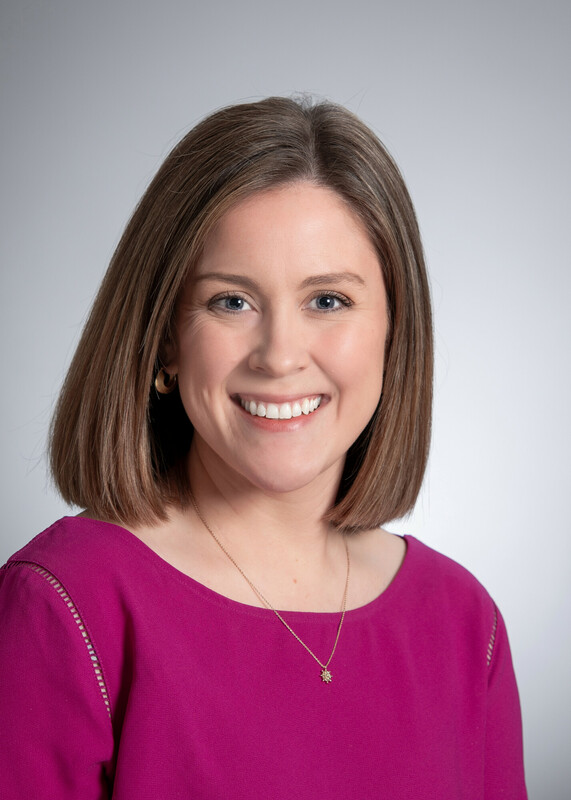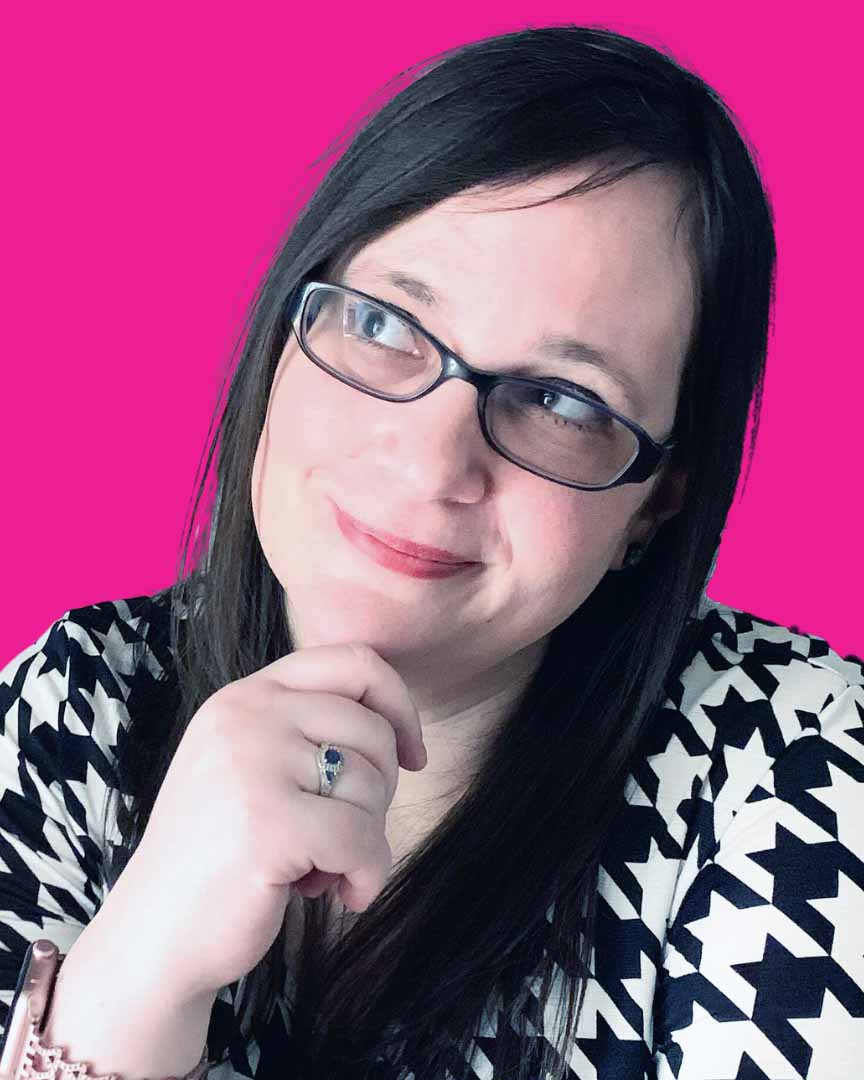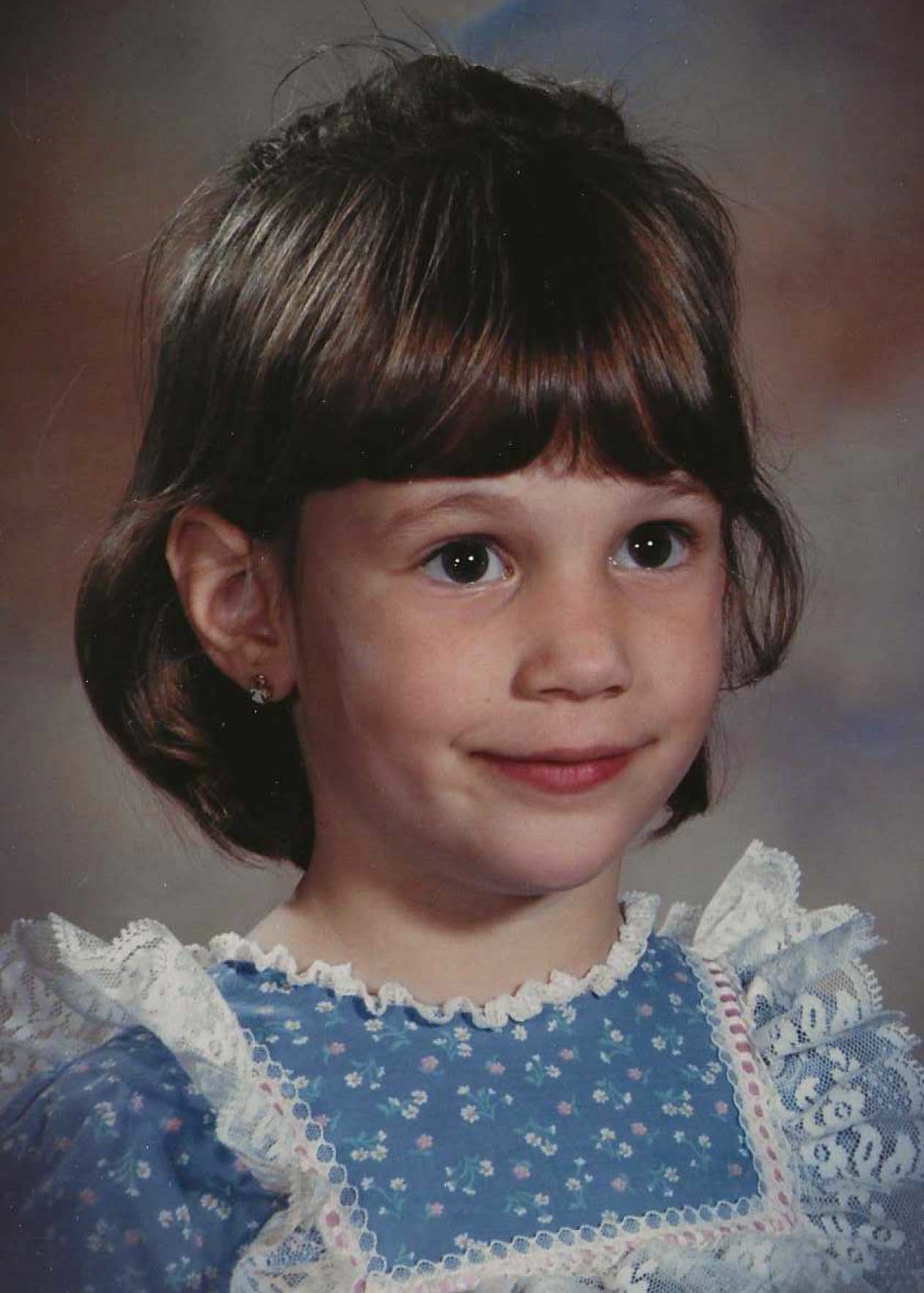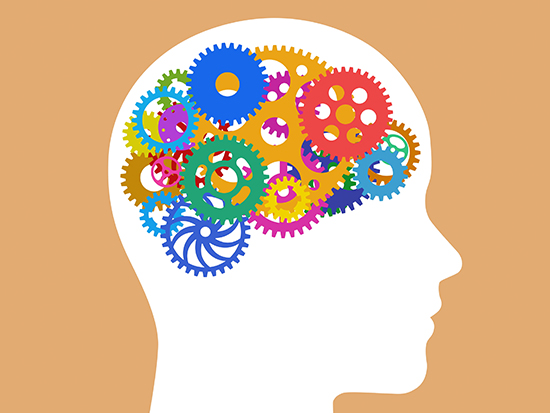Written by: Mary Ashley Canevaro and Savannah Kirchner
 Elizabeth McRae, Ph.D.Neurodiversity Celebration Week is an international awareness week observed during the second week of March. It aims to raise awareness and celebrate a diverse range of neurological differences. To learn more, the Office for Diversity and Inclusion sat down with a faculty member whose expertise is in neurodivergence, a staff member who shared her story, and an office dedicated to resources.
Elizabeth McRae, Ph.D.Neurodiversity Celebration Week is an international awareness week observed during the second week of March. It aims to raise awareness and celebrate a diverse range of neurological differences. To learn more, the Office for Diversity and Inclusion sat down with a faculty member whose expertise is in neurodivergence, a staff member who shared her story, and an office dedicated to resources.
Looking through a lens of neurodiversity
"Neurodiversity is the idea that differences in learning, thinking, and behavior for people with neurodevelopmental disorders, like autism and ADHD, are just that – differences – rather than mental health disorders," says Elizabeth McRae, Ph.D., a licensed clinical child psychologist and assistant professor in the Department of Neurosurgery.
McRae says that neurodiversity can show up in many ways, and that is the beauty of it. “Broadly, it often shows up, in both children and adults, as differences in social interactions, unique and often intense areas of interest and differences in learning and thinking.” While these differences sometimes manifest as difficulties, this is not always the case, especially when the right supports are in place.
McRae says that, by maintaining a “lens of neurodiversity,” she tries to “see children’s needs not as problems to fix, but as differences to understand and accommodate.”
In her research, McRae looks at adjustment in families of children with neurodevelopmental disorders and/or children who need neurosurgical intervention. In both populations, there are often differences in how the child thinks and behaves that impacts their daily life, their support needs and those of their family.
As the field of neurodivergence discovery grows, faculty members like McRae are finding new ways to help support those with neurodivergence.
 Sarah MinorA staff member’s personal journey
Sarah MinorA staff member’s personal journey
“Before I knew about the term ‘neurodivergent,’ I struggled to define my own experience,” says Sarah Minor who serves as a communications specialist for the Department of Medicine.
“Back in kindergarten, my teacher couldn't quite grasp how to teach me to read or even understand the alphabet because of my learning differences. She even told my mom, who happened to be an English teacher, that I'd never learn to read or write. It turned out that the phonics-based approach didn't work for me. My mom discovered that I needed to be taught using a method that combined sight and sound with memorization, like how she had learned. After spending a few months with me, I was reading at a sixth-grade level by second grade.”
Minor says that neurodiversity is all about understanding and appreciating the unique ways each of us thinks, learns, and processes information.
“It recognizes that differences in how our brains work—like those seen in autism, ADHD, dyslexia, and other conditions—which are just a natural part of being human.”
Beyond childhood: navigating neurodivergence as an adult
Minor says when she was eight years old, she was diagnosed with ADD. "As the years passed, I noticed my symptoms were worsening." Minor says a common misconception about ADD/ADHD is that it's something only experienced by children that they will eventually outgrow. "This is not the case. If left untreated, ADHD symptoms can worsen over time because it is a neurodevelopmental disorder that affects how the brain processes information and regulates behavior. Without proper management and support, individuals with ADHD may struggle more with focus, impulsivity, and organization, leading to increasing challenges in various aspects of life.”
 Sarah Minor, childhood"I've always felt a bit different from other kids, and that feeling stuck with me as I grew up. Many of my peers didn't want to play with me or be my friend because they saw me as ‘weird’ or ‘annoying.’ Minor explains that those with neurodivergence often describe their experiences of extreme emotional sensitivity and distress as rejection sensitive dysphoria—an intense emotional response to perceived rejection or criticism, which can be disproportionate to the situation."
Sarah Minor, childhood"I've always felt a bit different from other kids, and that feeling stuck with me as I grew up. Many of my peers didn't want to play with me or be my friend because they saw me as ‘weird’ or ‘annoying.’ Minor explains that those with neurodivergence often describe their experiences of extreme emotional sensitivity and distress as rejection sensitive dysphoria—an intense emotional response to perceived rejection or criticism, which can be disproportionate to the situation."
“In the workplace, I've also faced discrimination because of being neurodivergent. This discrimination stems from struggles I have with unclear expectations and meeting deadlines, understanding verbal or written instructions, and receiving criticism of my work, which are challenges not typically experienced by my neurotypical colleagues.”
Minor says that understanding herself has been a journey, one that has taken time to fully grasp. “At 42, I finally made the decision to seek treatment for my symptoms, starting in August 2023. I'm now taking a low dose of medication and have had four sessions with a therapist who specializes in treating adults with ADHD. It's a process that will take years to find the right solutions because, as I've come to realize, no two diagnoses are alike. We are all unique, and what works for one person may not work for another.”
Minor is also part of various ADHD support groups on Slack, Facebook, and Discord, which have been incredibly comforting to her and transformative. “Connecting with others who understand the challenges of being neurodivergent has been a source of great solace. I no longer feel rejected, ‘weird,’ or ‘annoying’—I am simply me.”
Campus support for employees and students
UAB’s Disability Support Services offer resources and services to staff, students, and faculty. The DSS team participates in trainings and workshops that are specific to neurodivergence or have relevant content.
Registered students can receive individualized accommodation planning and case management services from caseload-specific case managers.
“When our office works with a neurodivergent student, we can identify academic accommodations,” says Sherri Moultrie, assistant director of Disability Support Services. “Some common accommodations may include reduced distraction testing environment.”
"Our office facilitates training for faculty through the UAB Center for Teaching and Learning. DSS offers an Accessibility Series, which is a session focused on supporting the neurodivergent learner. The training title is " Supporting Neurodiversity in the Classroom," she says.
Moultrie explains that DSS's role is linking UAB and community resources. "DSS will assist students in facilitating referrals to various external partners who offer specific services and supports that may benefit neurodivergent learners." She mentions that DSS can also provide customized trainings to departments upon request.
 “Eligible students may register with DSS and receive services. Staff and faculty who support students may receive consultation services and/or attend DSS trainings to support neurodivergent learners. DSS also collaborates throughout the institution to reduce barriers, implement programming, and ensure that students have full access to their educational experience.”
“Eligible students may register with DSS and receive services. Staff and faculty who support students may receive consultation services and/or attend DSS trainings to support neurodivergent learners. DSS also collaborates throughout the institution to reduce barriers, implement programming, and ensure that students have full access to their educational experience.”
“The UAB AWARE Disability Management Program would be a great point of contact for learning more about resources available for employees,” says Moultrie. “The Job Accommodation Network (JAN) has an abundance of resources for supporting neurodivergent employees in the workplace.”
Advocating for those with neurodivergence
Sarah Minor says that many neurodivergent individuals, including herself, may often mask their true feelings and behaviors to accommodate societal norms. “But this kind of self-suppression can lead to a miserable existence. I encourage everyone to unmask and embrace their true selves. It's unfair to have to hide who you are just because it doesn't fit society's idea of normal,” she says.
One way to support and amplify the voices of neurodivergent individuals is to encourage them to share their stories to raise awareness and foster acceptance, she explains.
Another way is to question and challenge stereotypes and stigmas, promoting neurodiversity as a natural part of human cognition.
Those who do not experience neurodivergence can help neurodivergent individuals by encouraging them to speak up for their needs, she says. To that end, leading by example and being an advocate by demonstrating inclusive and accepting behavior and showing others that embracing neurodiversity enriches our communities and workplaces.
Resource recommendations for those who want to learn more Moultrie recommends visiting the ADDitude Magazine, which offers strategies and support for ADHD and beyond. There is a wealth of information, including articles, symptom checkers webinars, podcasts, etc.
Attend webinars and trainings such as the DSS Accessibility Series, which offers webinars and trainings for those who want to learn more and advocate.
Minor says it may be helpful for people to research neurodiversity and understand how different brains work.
And according to McRae, the book “Wonderfully Wired Brains” by Louise Gooding is a great introductory resource for learning about neurodiversity in a fun, supportive way.